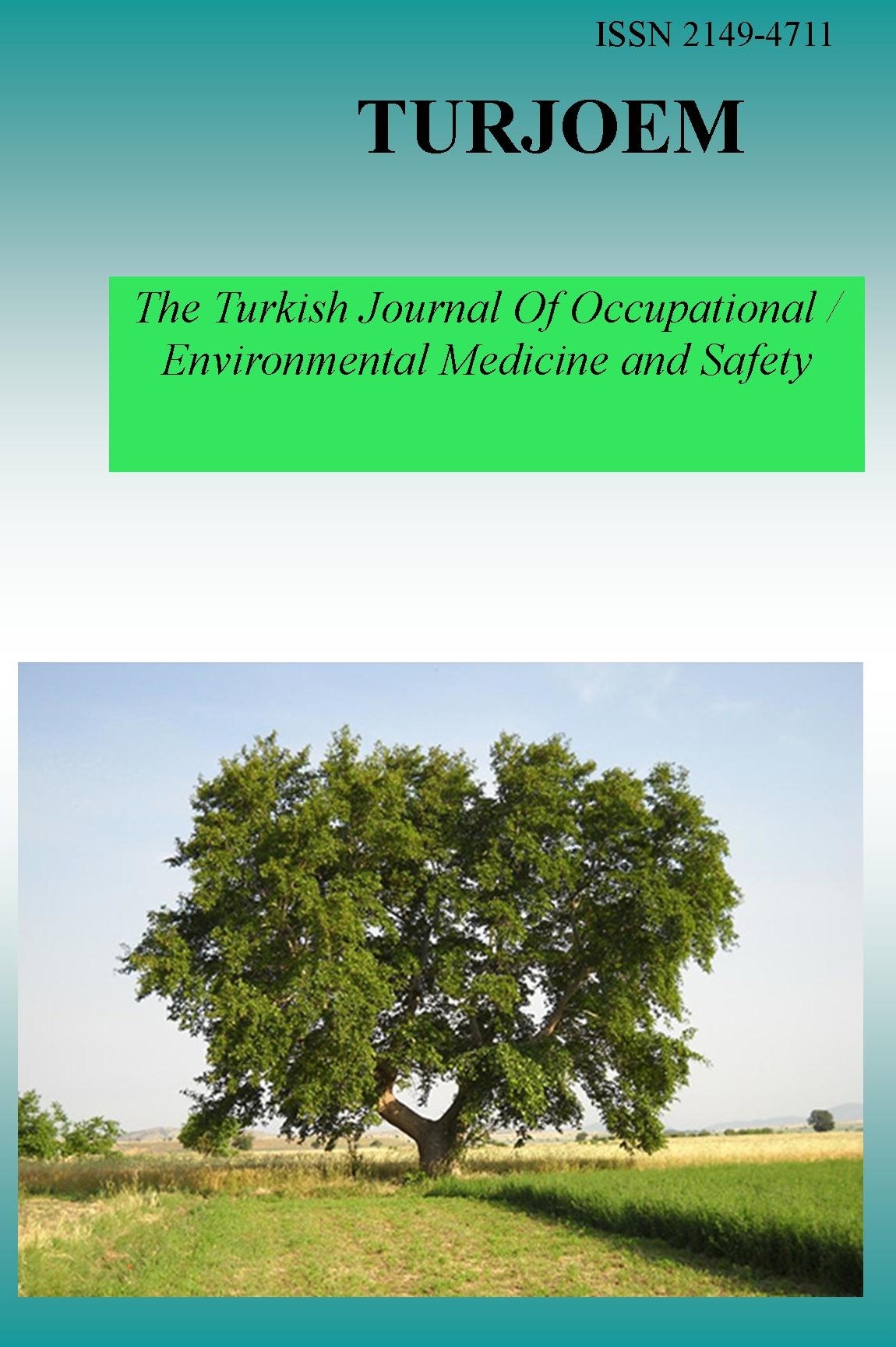Pesticide Residues in Drinking Water
Pesticide Residues in Drinking Water
For a
healty population accessing safe water sources are very important. However,
ground water sources may be affected by some pesticides used in agricultural
areas. After usage against pests, pesticides transmit to water sources. Minimum
amount of pesticide residues can prevent development of zooplanctones and
phytoplanctones, which are very important in food chain of aquatic lifeforms.
In his thesis in order to determine 18 organochlorine pesticide residue levels
in drinking water samples around Eber Lake, Karamık Lake and Afyonkarahisar,
Kuş found that the levels of pesticides other than heptachlorepoxide and
α-endosulphane were above the maximum level permitted by the standards of the
European Union In the analysis research of pesticides in drinking water in
Aksaray made by Hınıs, in raw drinking water sources, some amount of pesticide
was found close to the maximum limit specified In a research made in Sweden to
analyze 23 regional water sources, pesticide residues were detected in 18
sources. Pesticide levels in 9 drinking water have been determined above the
threshold value. Ground and underground water sources collected from agricultural
areas of Italy,were analyzed for 43 pesticides and their metabolites. 12 of
them were detected over European pescticde treshold and stated that, their
quality was below the WHO criteria. In Mekong River Vietnam in drinking water
samples taken from different sources 15 commonly used pesticides were detected.
12 of them have also been identified on the limit values set by the European
Commission. Pesticides affect water systems mostly. Because of water
contamination with pesticides, water sources become insufficient and aquatic
lifeforms are affected negatively. Nowadays, prohibiting or completely removing
pesticides is impossible, therefore to minimize the level of negative effects
to environmental health, some precautions should be made
Keywords:
Drinking water,
pesticide residue, biocide
___
- Gülşen Uçar Karcı, Elçin Yoldaşcan, Muhsin Akbaba
Cukurova University Medicine Faculty, Public Health Department, Adana
